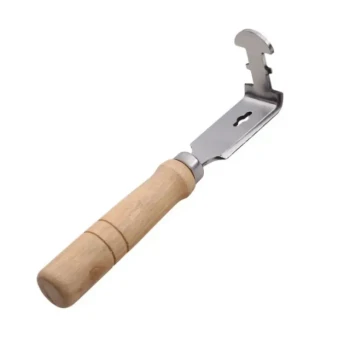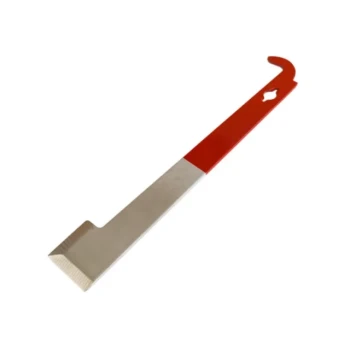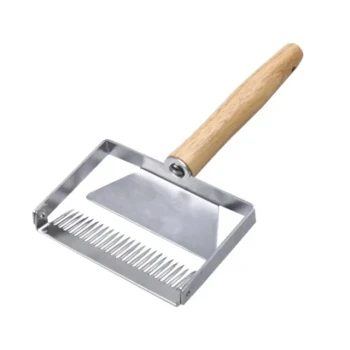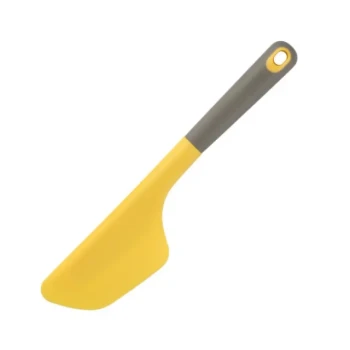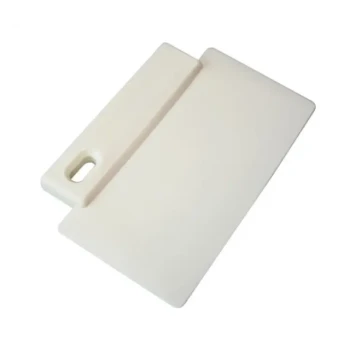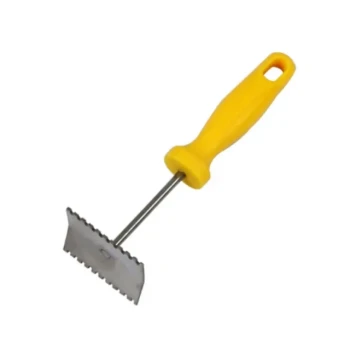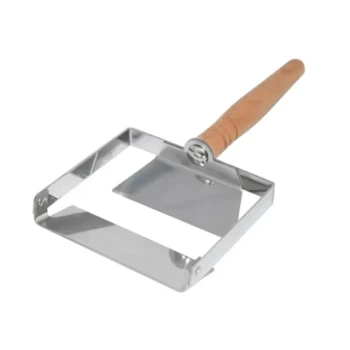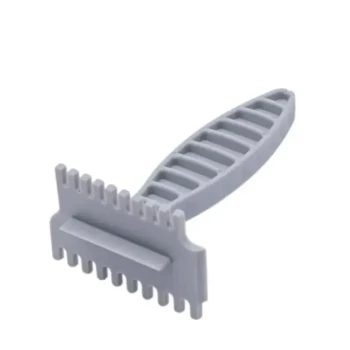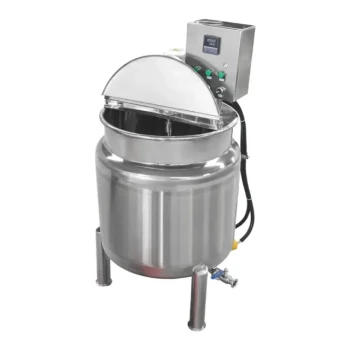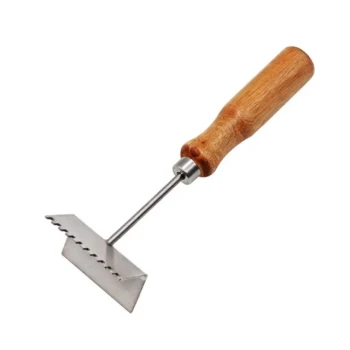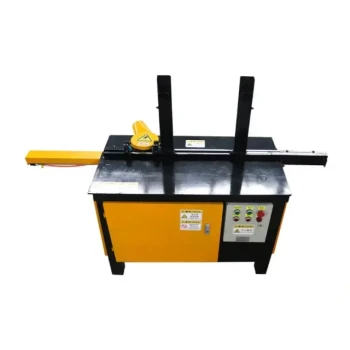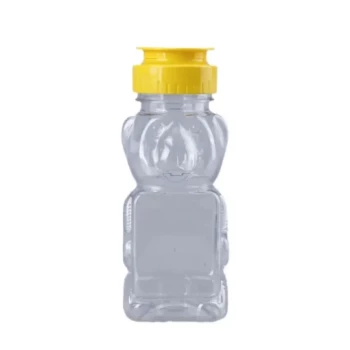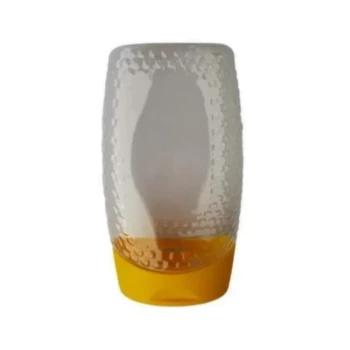Temperature is the single most important factor that dictates the physical properties of propolis. In short, cold temperatures make propolis hard and brittle, while warm temperatures make it soft, sticky, and pliable. This dramatic change in consistency is the key to understanding how to effectively handle, harvest, and process this valuable hive product.
Propolis does not have a single melting point but rather a wide "softening range." Mastering its properties is not about finding one ideal temperature, but about manipulating temperature to achieve the physical state you need for a specific task.
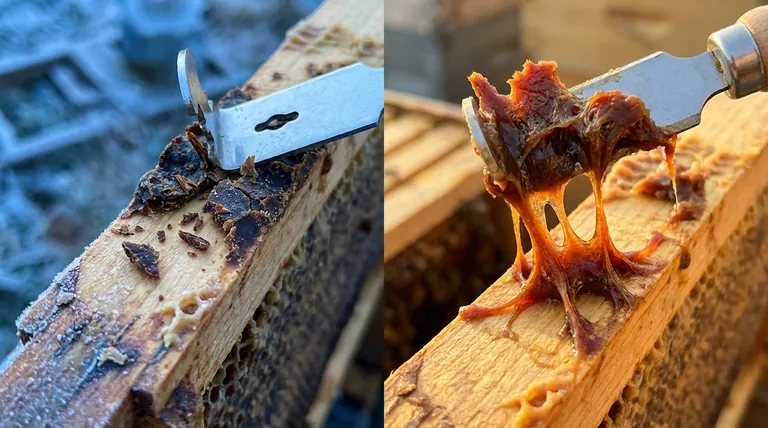
The Physical States of Propolis: A Temperature Guide
The physical behavior of propolis is directly tied to its ambient temperature. Its resinous composition causes it to shift between states that range from glass-like solid to a thick liquid.
The Brittle State (Cold Temperatures)
When propolis gets cold, its resinous components harden completely. It loses all pliability and becomes extremely brittle.
In this state, it can shatter like glass or snap into sharp-edged pieces. This is the least sticky and most solid form you will find it in.
The Pliable State (Warm Temperatures)
As the temperature rises to room temperature and above, propolis enters its most well-known state: soft, sticky, and highly pliable.
This is its functional state within the beehive. When warm, it can be stretched into long, fragrant tendrils, often compared to the consistency of warm mozzarella cheese. While malleable, it is also incredibly adhesive.
The Liquid State (Extreme Heat)
In very hot conditions, such as the inside of a hive on a summer day, propolis can soften further.
It can begin to liquefy and run, flowing down vertical surfaces before cooling and re-hardening into translucent, gem-like droplets. This demonstrates its thermoplastic nature.
Understanding the Trade-offs
Working with propolis means navigating the challenges presented by its temperature-sensitive nature. Each state has distinct advantages and disadvantages.
The Challenge of Stickiness
The primary difficulty in handling propolis comes from its stickiness at warm temperatures. It will adhere to hands, tools, and containers, making it difficult to collect and measure without creating a mess. This requires careful management or the use of solvents like alcohol for cleanup.
The Risk of Brittleness
While freezing propolis makes it easy to handle, its brittle nature can be a double-edged sword. When shattered or ground, it creates a fine, airborne dust that can be an irritant. The sharp, glass-like shards produced when breaking larger chunks can also be a minor nuisance.
How to Manage Propolis Based on Your Goal
Your strategy for handling propolis should be determined by your end goal. By controlling its temperature, you can make the process significantly more efficient.
- If your primary focus is harvesting from hives: Scrape frames and hive bodies in cold weather when propolis is brittle and will pop off in clean, solid chunks.
- If your primary focus is processing for tinctures or oils: Freeze the raw propolis solid, then grind it in a coffee grinder to create a fine powder for maximum surface area and efficient extraction.
- If your primary focus is long-term storage: Keep raw propolis in a freezer or cool, dark place to prevent it from slowly fusing into a single, unmanageable sticky mass.
By treating temperature as a tool, you can transform propolis from a difficult, sticky substance into a predictable and valuable resource.
Summary Table:
| Temperature State | Physical Properties | Best For |
|---|---|---|
| Cold (Brittle) | Hard, glass-like, easy to break | Harvesting, grinding for tinctures |
| Warm (Pliable) | Soft, sticky, malleable | Functional hive state |
| Hot (Liquid) | Flows, can drip and re-harden | Demonstrates thermoplastic nature |
Struggling with sticky propolis? Efficiently manage your harvest with the right tools. HONESTBEE supplies commercial apiaries and distributors with durable, purpose-built beekeeping equipment designed for high-volume operations. Let us help you streamline your workflow. Contact our wholesale experts today to discuss your apiary's needs.
Visual Guide
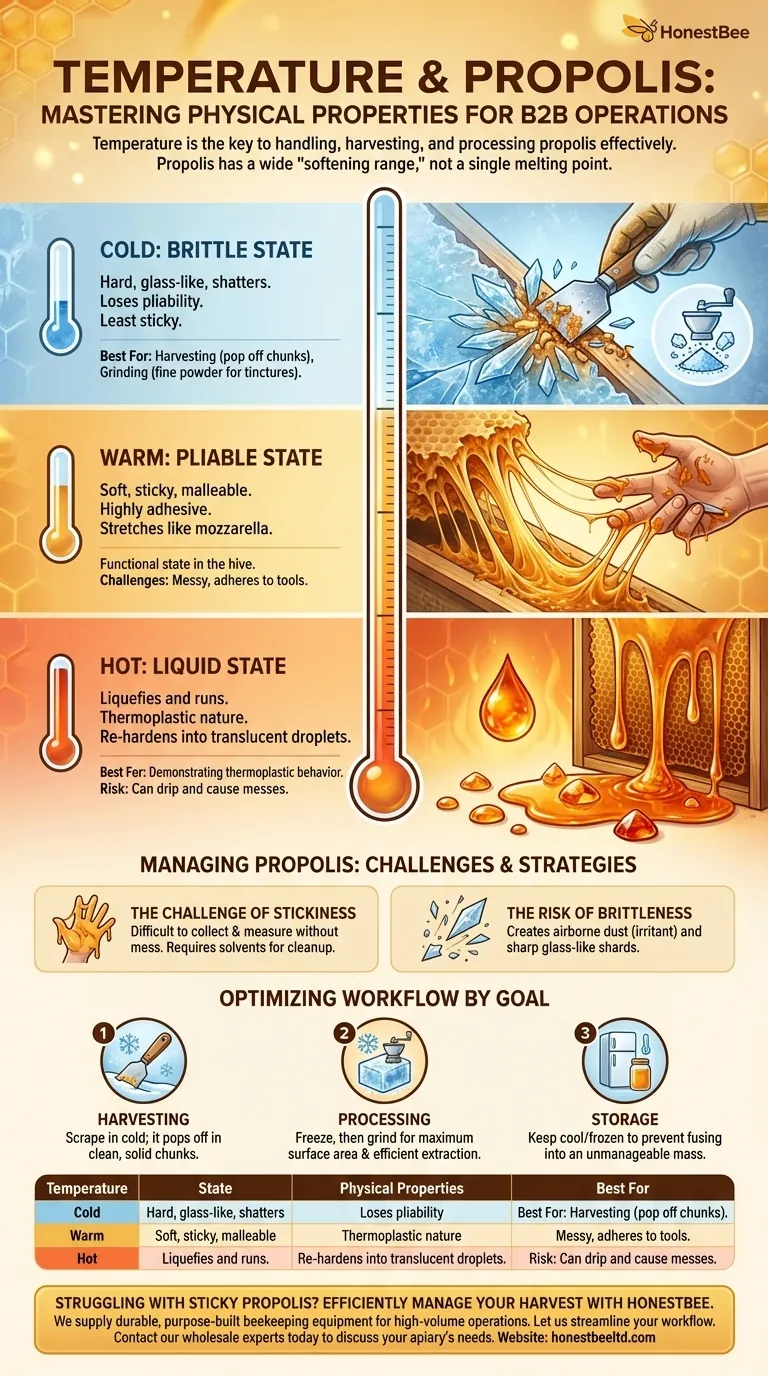
Related Products
- Professional Stainless Steel Frame Cleaner with Ergonomic Wood Handle
- Wide Adjustable Stainless Steel Honey Uncapping Fork with Scraper
- Stainless Steel Double Sided Honey Uncapping Fork with Scraper
- Professional Stainless Steel J-Hook Hive Tool
- Extra Wide Stainless Steel Honey Uncapping Fork with Scraper Beekeeping Tool
People Also Ask
- What is a common feature of the bottom bar of a hive frame? Master Foundation Stability & Frame Design
- How can a hive tool be used to manage propolis and burr comb? Optimize Your Apiary with Mechanical Cleaning Techniques
- When is the frame cleaning tool especially useful? Essential for Efficient Frame Reuse in Beekeeping
- What are the features of the top bar of a hive frame? Essential Design for Superior Hive Management
- What qualities are important for someone starting in beekeeping? Build a Thriving Apiary with the Right Mindset
